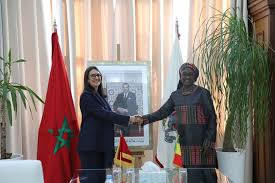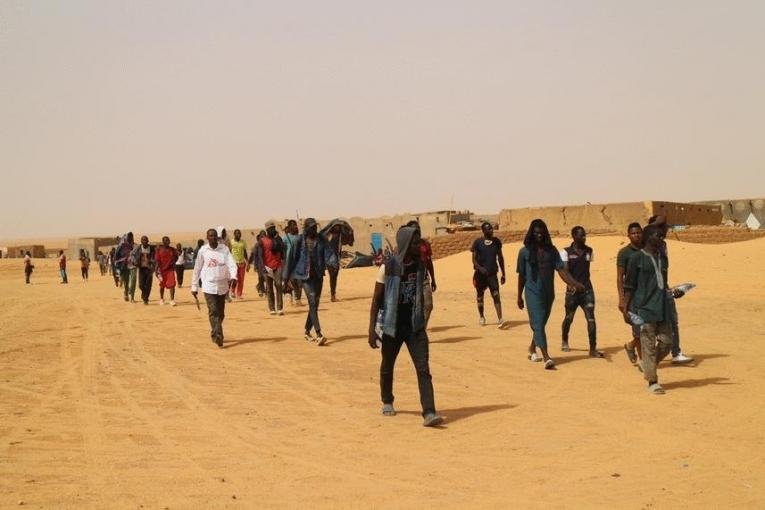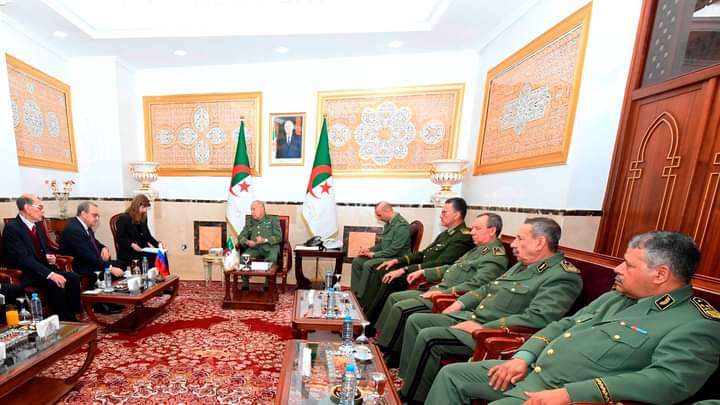The recent decision by the Alliance of Sahel States (AES), comprising Mali, Niger, and Burkina Faso, to impose a 0.5% levy on imports from several West African nations, including Nigeria, is raising alarm bells across the region.
Announced as part of the AES’s broader strategy to assert economic independence and generate revenue, the tariff could have severe implications for regional trade and economic integration. The levy, which excludes humanitarian aid, is seen as a response to the AES’s growing frustrations with the Economic Community of West African States (ECOWAS).
The AES bloc, which severed ties with ECOWAS after feeling unsupported in its battle against Islamist insurgencies, now seeks to build a more self-reliant economic framework. However, this move threatens to create trade barriers, particularly for businesses that rely on the seamless cross-border trade facilitated by ECOWAS. “Economic independence cannot be achieved in isolation,” says James Emeka Jeremiah, marketing and communication officer at IFREME West Africa. “The interdependence of West African economies means that policies affecting one country inevitably have ripple effects across the region.”
Nigeria, as the region’s largest economy, is one of the hardest-hit nations, with its exports of refined petroleum, cement, and agricultural products now facing higher costs. The imposition of the levy could disrupt supply chains, raise inflation, and slow down economic activity. Moreover, the new tariff risks undermining the African Continental Free Trade Area (AfCFTA), which aims to create a unified market across the continent by eliminating most tariffs. “AfCFTA will definitely be affected. It’s easier to integrate regions that are already cohesive,” says Obiora Madu, chairman of Multimix group and supply chain expert.
With tensions mounting, the AES’s decision could lead to retaliatory actions, potentially triggering a trade war and further fracturing West Africa’s economic unity. “On the whole, at the end of the day, everybody is losing,” Madu says.


